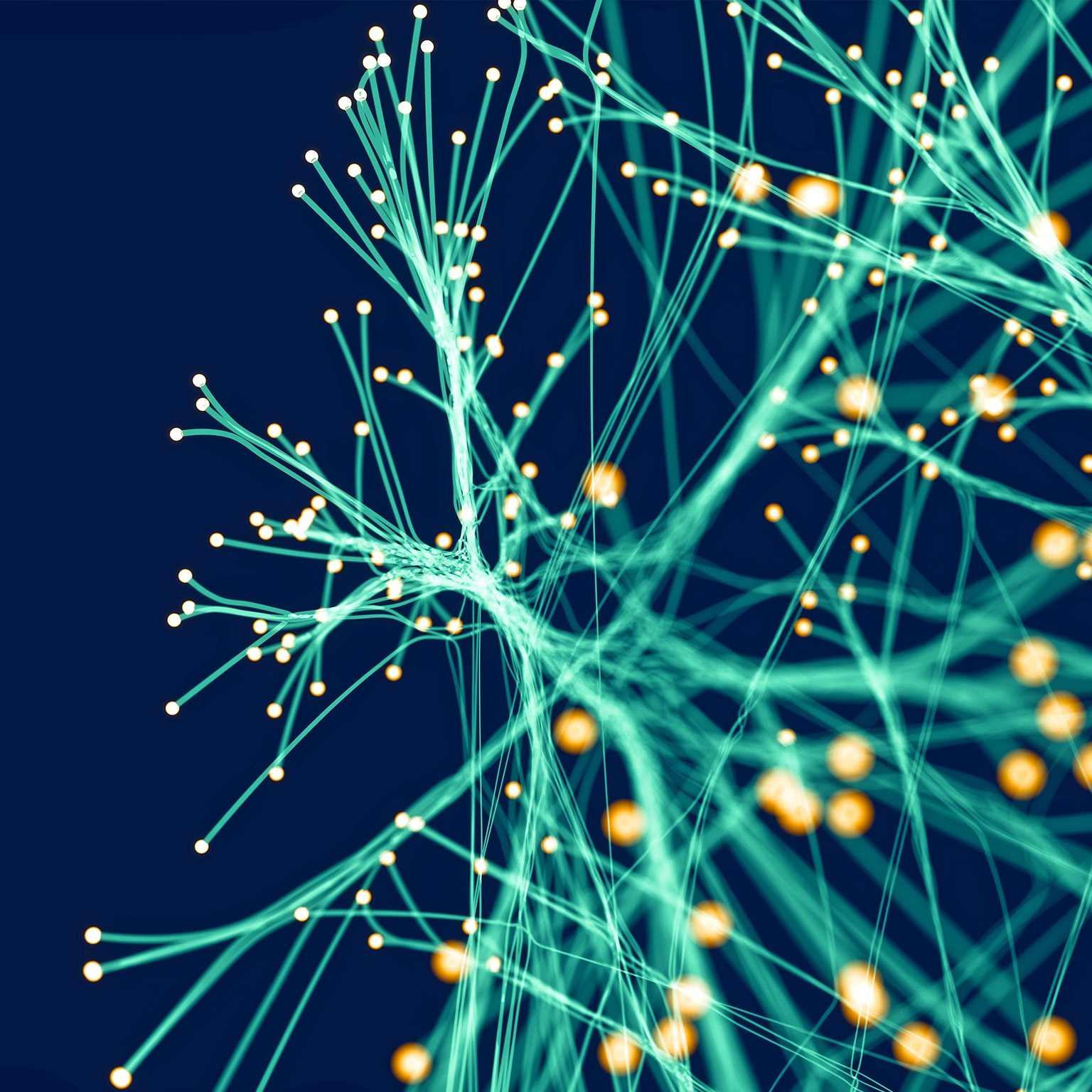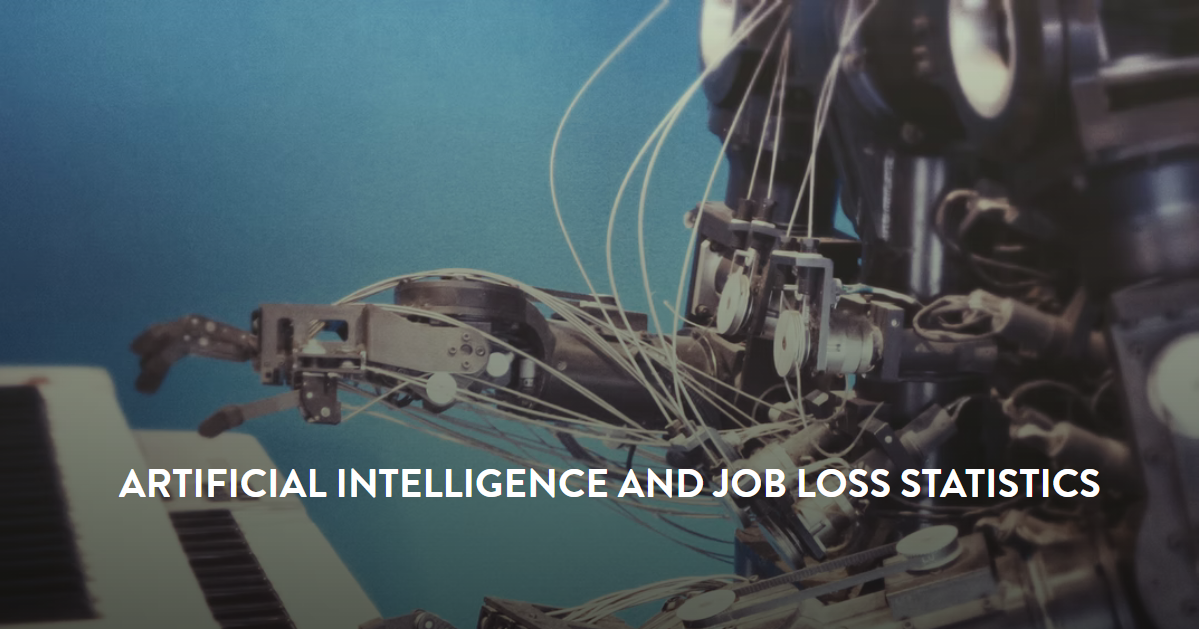In what could be considered a groundbreaking move, YouTube sensation MrBeast, known to his parents as Jimmy Donaldson, has decided to part ways with his talent manager after a six-year partnership. This decision to sever ties with Night Media and its CEO, Reed Duchscher, isn't just another page in MrBeast's professional diary. Rather, it's a glaring headline that highlights a budding trend in the influencer industry, where creators are seeking more control over their personal brand.
The numbers speak for themselves. With a colossal fanbase of over 257 million subscribers on YouTube, MrBeast is on the verge of becoming the platform's most-subscribed channel. By opting to assemble his own team, Donaldson is heralding an era where creators have direct oversight of their negotiations and projects.
It's not just about being the captain of your own ship; it's about charting your course in an ocean brimming with opportunities and storms alike. As I often scribble on the coffee-stained napkins during my heated discussions with students, every choice brings along its own set of benefits and drawbacks. By seizing the reins, Donaldson may enjoy unmediated control over his brand and content, but he might also find himself navigating through a potentially narrower network and dealing with tasks that were previously managed by his talent agency.
This move is a clear signal to the talent agencies that the game is evolving. While they have played a pivotal role in shaping careers in the influencer industry, their relevance is being questioned as creators morph into brands themselves. The key to survival? Adaptation. Agencies that can flex and focus on forging individual relationships with their clients are likely to thrive in the fast-changing landscape of influencer marketing.
The rationale behind this trend of self-direction is simple yet powerful. Influencers, like MrBeast, are seeking to maximize their benefits by taking charge of their brand connections and audience relationships. They are keen on harnessing their platforms and audiences, rather than relying on traditional talent agencies to broker deals for them.

As an assistant professor who often simplifies complex ideas for my students, I see this shift as a natural evolution. In an age where digital presence is as real as our physical existence, creators are leveraging their power by becoming their own brand managers. They are taking control, owning their connections and audience, ensuring they reap the most out of their relationships without the mediation of traditional talent agencies.
But as in any industry, this shift will bring about its own challenges and transformations. Traditional talent agencies will need to redefine their roles and services to remain relevant in the realm of influencer marketing. Meanwhile, creators like MrBeast will have to navigate through the intricacies of managing their own brand. As a keen observer of social dynamics, I can't wait to see how this power shift unfolds.
In the grand scheme of things, MrBeast's recent decision is much more than just a career move. It's a critical turning point that could potentially reshape power dynamics between creators and platforms and redefine the future of the gaming industry, and beyond. This is the beast unleashed, and the ripples of this decision will be felt across the influencer industry.






















